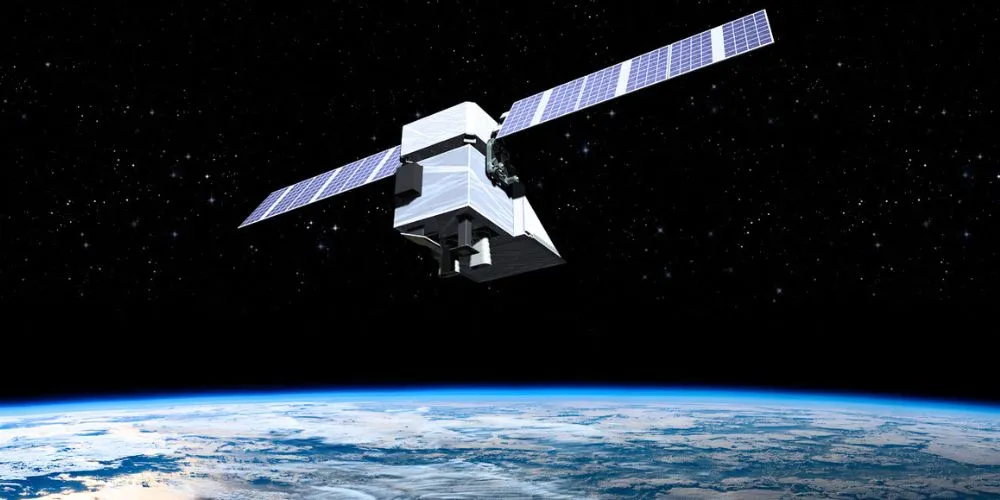Key Points
- Amazon’s Project Kuiper faces delays, with satellite launches postponed twice in 2024.
- Costs for Kuiper have doubled to $20 billion, risking FCC deadlines.
- Bezos seeks Trump’s support, signaling a shift from prior tensions. Amazon relies on new, untested rockets for satellite deployment.
- Kuiper aims to begin service by late 2025 but faces regulatory hurdles. Analysts see market potential despite challenges from Starlink’s dominance.
Amazon founder Jeff Bezos is preparing to meet President-elect Donald Trump, signaling a shift in approach as the company faces mounting challenges in its satellite internet venture, Project Kuiper. The initiative, designed to rival Elon Musk’s Starlink, has experienced repeated delays, with its first operational satellites postponed twice in 2024. The latest setback stems from United Launch Alliance (ULA), which prioritized U.S. Space Force missions, further complicating Kuiper’s schedule.
ULA, a joint venture between Boeing and Lockheed Martin, has yet to finalize those military launches following an October incident, leaving Amazon’s timeline for deploying Kuiper satellites uncertain. Initially budgeted at $10 billion, Kuiper’s costs have ballooned to $20 billion. According to Quilty Space, Amazon may require a Federal Communications Commission (FCC) waiver to meet a mid-2026 deadline for deploying over 1,600 satellites.
During Trump’s first presidency, Bezos clashed with the administration over Amazon’s exclusion from a Pentagon contract and criticism from his Washington Post. However, Bezos now appears to be adopting a more conciliatory tone. Following Trump’s election win, Bezos congratulated him on X (formerly Twitter) and expressed optimism about his leadership. Amazon also pledged $1 million to Trump’s inaugural fund.
Amazon’s reliance on external launch providers adds another layer of complexity. While its first Kuiper satellites are set to launch aboard ULA’s Atlas V, subsequent missions depend on new rockets from ULA, Arianespace, and Bezos-backed Blue Origin. These vehicles have limited flight histories, raising concerns about timely launches.
Despite these challenges, Amazon aims to begin Kuiper service by late 2025. Given Amazon’s deep resources and direct-to-consumer expertise, analysts see the potential for Kuiper to carve out market space alongside Starlink. However, achieving the FCC milestone for half of Kuiper’s 3,230-satellite fleet by 2026 remains critical.
Securing an FCC waiver is plausible, but with a likely Republican majority in the commission, regulatory dynamics could shift. Meanwhile, Amazon must accelerate production and deployment to remain competitive in the growing satellite internet market.




